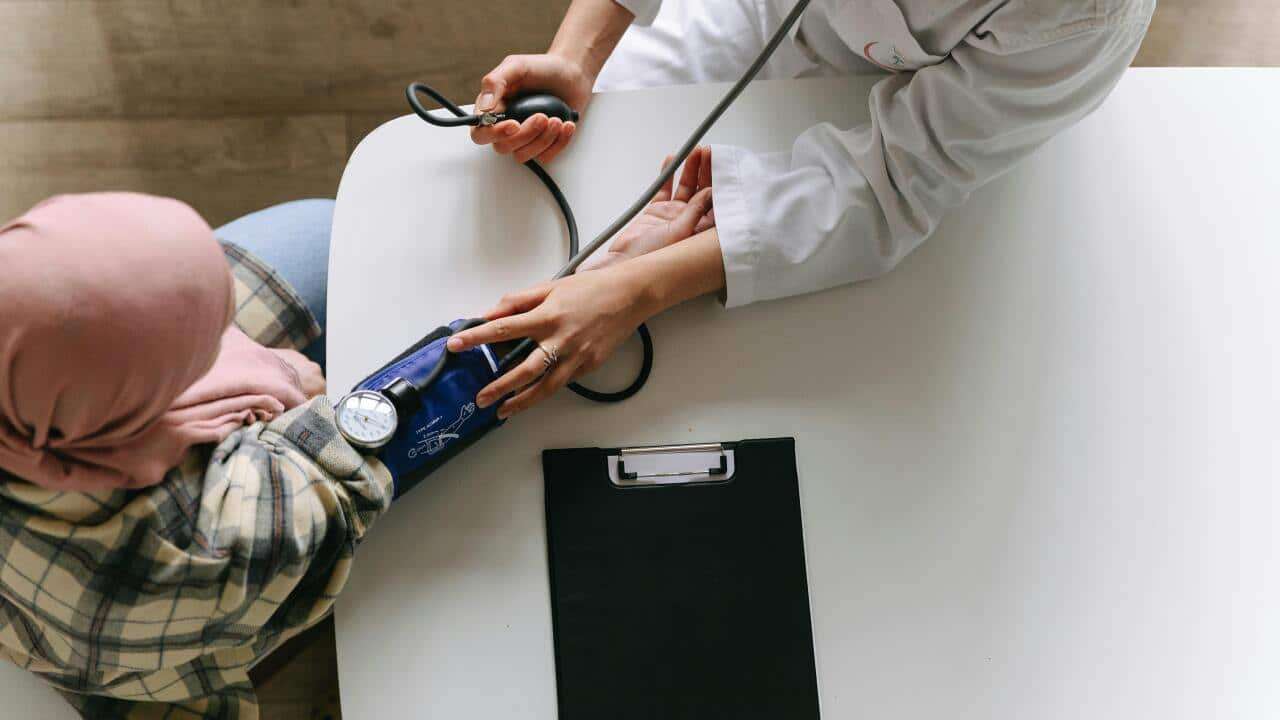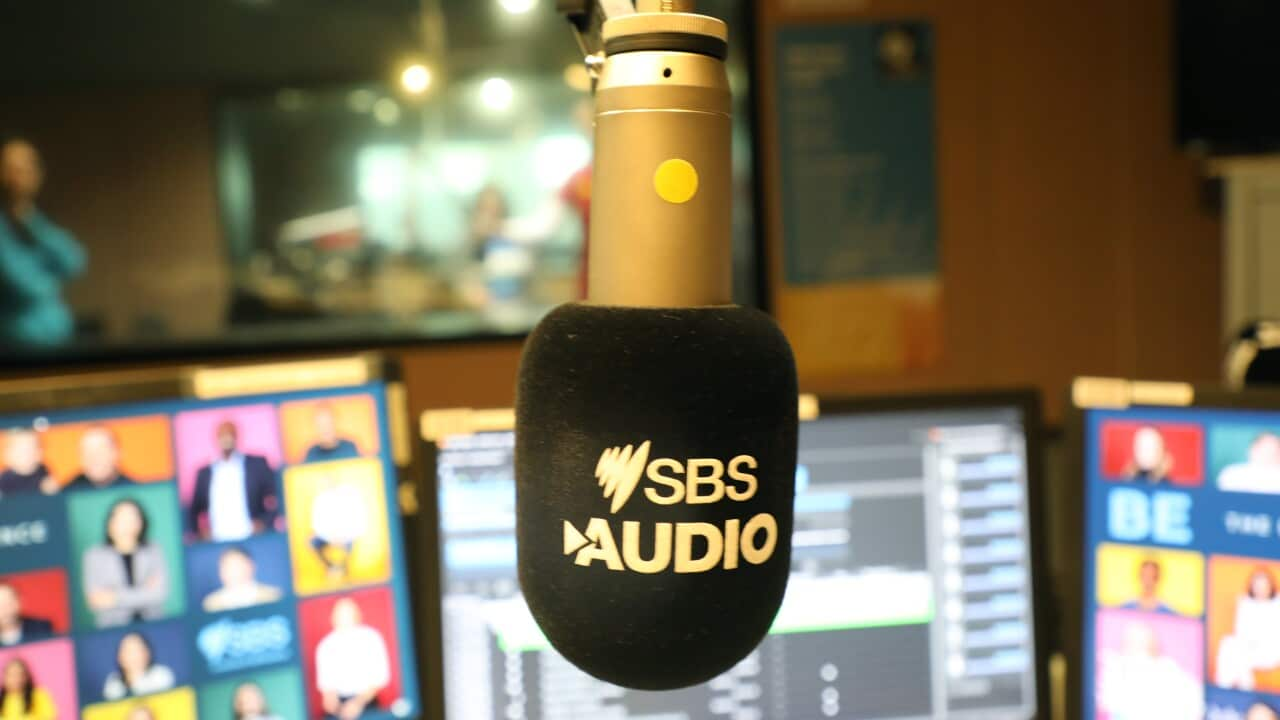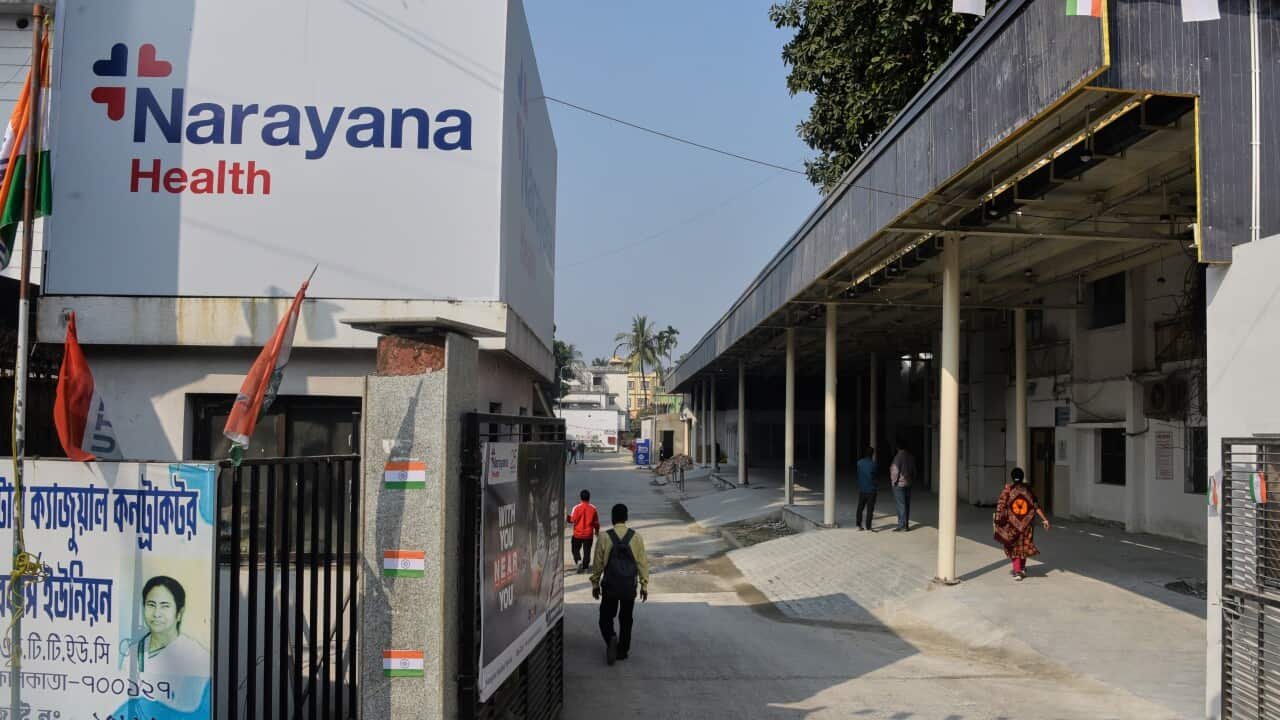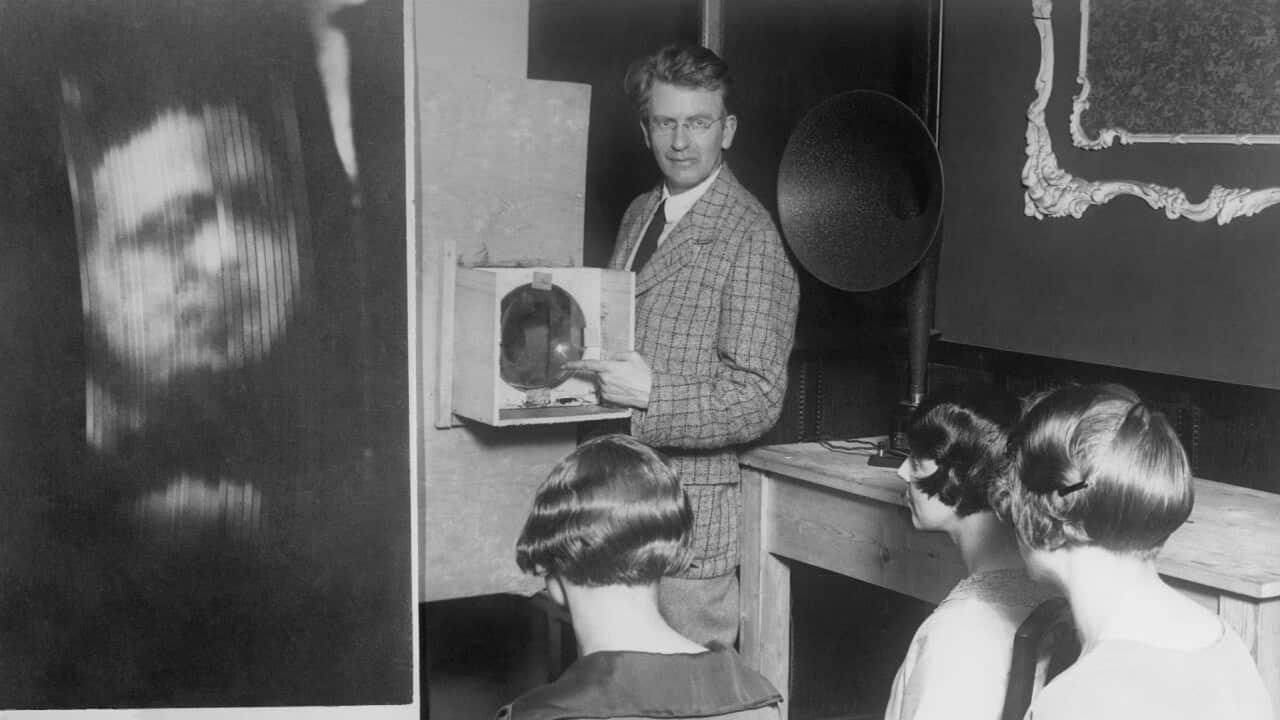Early intervention means trying to provide specialist support to a person who is experiencing or demonstrating early symptoms of mental illness.
With around four percent of the Australian population living with an eating disorder at any given time, early identification is deemed crucial in treating this illness.
Highlights
- Advocacy groups say professionals in the healthcare industry need to be more aware of eating disorders.
- Clinical Director at the Butterfly Foundation, Ranjani Utpala, says ignoring the signs of an eating disorder can disempower the person seeking help.
- When it comes to early intervention, GPs can perform an initial assessment and arrange referrals to a psychiatrist or another specialist for assessment.
Listen to the audio
GPs aren’t always able to identify symptoms of an eating disorder.
The Royal Australian College of General Practitioners is responsible for maintaining standards for quality clinical practice, education and training, and research in Australian general practice.
The National Eating Disorders Collaboration has developed free e-learning modules giving GPs information to help provide best-practice care for patients with eating disorders.
GPs can learn about early identification, initial response, shared care, medical treatment, and recovery support.
There are online tools and screening questionnaires that people can access to have a more informed discussion with their GPs.
Carers and doctors should work together to ensure the patient gets the help they need.
Despite challenges surrounding early intervention, advocates urge the community to stay hopeful.
Listeners seeking information and support for eating disorders and body image issues can contact the Butterfly Foundation on 1800 334 673 or at www.butterfly.org.au, or the National Eating Disorders Collaboration at nedc.com.au
Healthy Pinoy is SBS Filipino's weekly segment on health. The content provided is for informational purposes only and does not intend to substitute professional medical advice, diagnosis, or treatment. Consult your GP or doctor for support.




